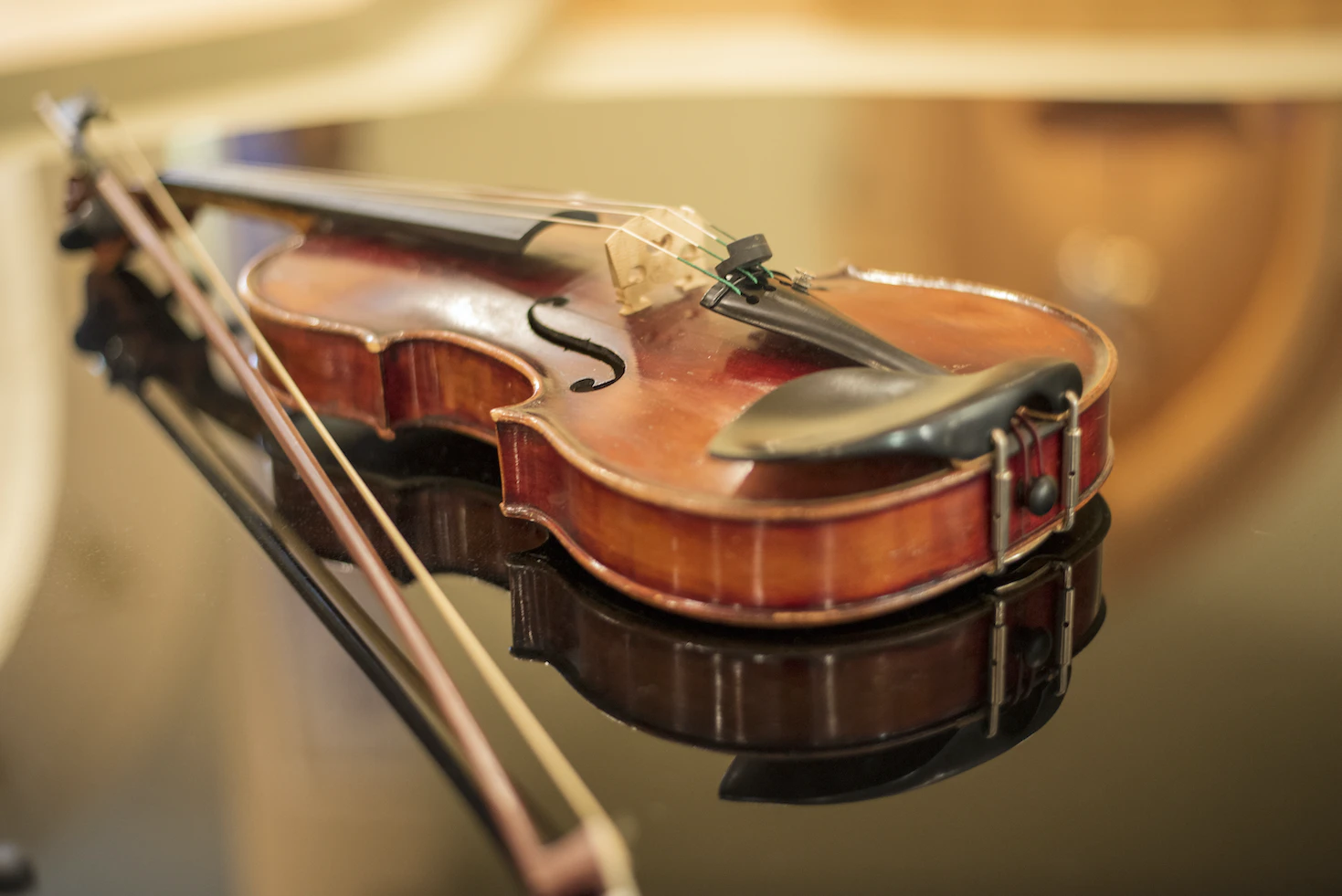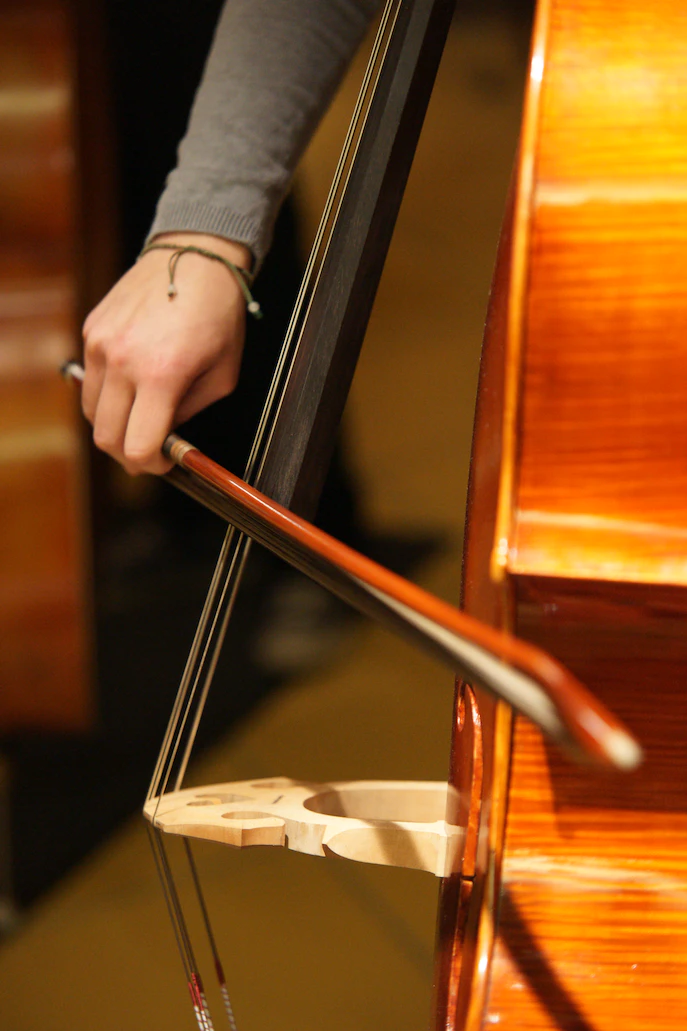How Do I Look After My String Instrument from WA Music?

Proper instrument maintenance is an essential part of string players for owners and renters alike. If you have your very own violin, viola, cello, or double bass, it’s important to keep your musical investment in the best possible condition!
Hiring a string instrument is great way for young players and adults alike to try an instrument without committing to a full purchase. (Hiring from us is also easy and affordable!) However, it can be scary hiring equipment that isn’t your own. How do I maintain a violin, viola, cello, or double bass (and its bow!) and ensure it is looked after properly?
Luckily, the team at WA Music have plenty of experience looking after string instruments and have several tips and plenty of advice to help you feel secure in the safety and well-being of your instrument throughout the hiring process. Here’s how to look after your string instrument from WA Music.
How do I look after my hired instrument?
Safe Storage
When not being played, your string instrument should be securely fastened into its case and stored in a safe place. Most accidents occur when the instrument is out of the case- you can limit any potential accidents by keeping the instrument in its case when not being played. This is the single best way to look after your hire string instrument from WA Music.
Violins, violas, cellos, and double basses are all made from wood and are susceptible to harsh weather conditions. Avoid exposing your instruments to extreme cold and heat; this means that no instruments should be left in cars or outdoors, even when in their cases!
Rosin Residue
You can maintain the lifespan of the strings and the quality of the varnish by wiping off any rosin residue on the instrument after playing. Use a soft, dry cloth to gently wipe away the residue, such as the Artino Cleaning Cloth from WA Music.
Tuning
Strings most frequently snap during tuning. Always tune your strings carefully with gradual turns of the pegs, gently pushing in and up at the same time. If unsure, always seek help from a teacher or professional to avoid damage to the strings. See our string instrument tuning guide for more information:
The Bridge
Damage to the bridge of a string instrument can occur when the instrument is dropped or struck on its front, or during hasty tuning. Be sure to avoid any damage to the bridge when the instrument is out of the case.
Also ensure that the bridge is perpendicular to the instrument during tuning and that it is not leaning forwards or backwards. We recommend taking your instrument to a qualified teacher or professional for adjusting the position of the bridge.
How do I look after my bow?

Storage
Just like the instrument itself, the bow should always be stored in a secure and fastened case when not in use.
Loosening the Bow
It’s important to loosen the bow when not in use. After playing, loosen the bow’s tension by turning the screw counterclockwise. This helps relieve the stress on the stick of the bow and prolongs the lifespan of the bow hair.
Cleaning
Use a clean, dry cloth to wipe off any rosin residue from the bow hair and stick. This prevents build-up and maintains optimal performance.
Excessive rosin can create a thick layer that affects the sound quality and can be difficult to remove. Apply an appropriate amount of rosin to the bow hair.
During Playing
When playing, be aware of the pressure you apply to the bow and avoid excessive force. This helps prevent the bow from warping or becoming imbalanced.

Following these simple guidelines, you should have no problem maintaining your own string instrument or feeling secure in your hire! Feel free to contact us at sales@wamusic.com.au or call us at (08) 9244 9559 if you have any questions about looking after your string instrument.
